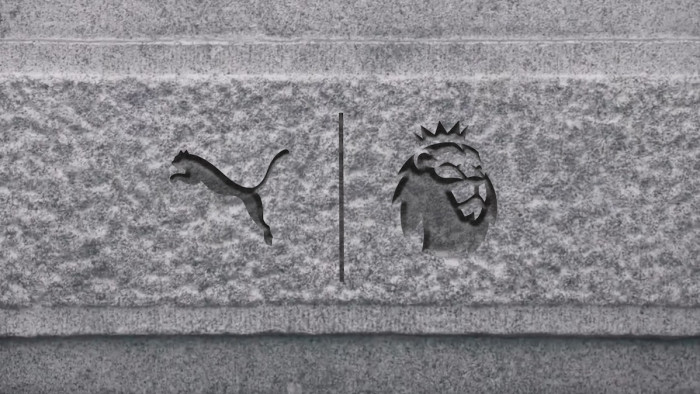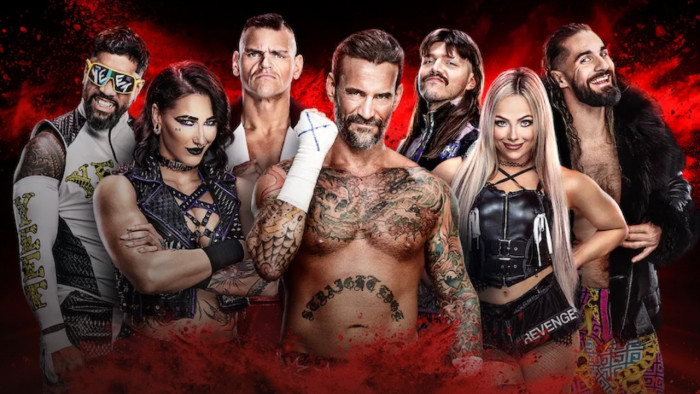Why we shouldn't forget the hidden, human side of Arsene Wenger
As the great man exits the stage, a reminder that it wasn't just about the football


There’s a quality that elevates Arsène Wenger beyond other managers. One which makes him the greatest ever — even if not in terms of managerial honours collected. It’s that his approach to football represents an honest attempt to transcend the sport, to express his philosophy on life.
When George Weah won the Ballon d’Or in 1995, he summoned Wenger onstage and insisted on pressing the award into the hands of his former Monaco manager. “He took care of me like a son, when racism was its peak. I couldn’t believe it.” Weah recalled. In January of this year, he became the newly elected President of Liberia. Wenger’s coaching has literally produced a world leader.
“I’m first and foremost an educator,” he told L’Equipe. “I try to be faithful to the values that I believe to be important in life and to pass them onto others.” It’s a paternalism evident in his experiment to create a self-sustaining youth set-up to nurture players all the way to greatness, having taught them to play football the right way — the way that Borussia Mönchengladbach had so excited him as a boy.
While his lesser contemporaries are proudly authoritarian bully-boy in their coaching methods who see themselves as Field Marshalls sending their cannon fodder squads over the top greater good of a result — Wenger has never been prepared to sacrifice the wellbeing of his players, either physically or mentally, to achieve his aims. To do so would be counterproductive to producing Arsenal players. He treated his players with respect and tenderness, wanted them to learn heuristically and to play cooperatively, for one another, not because they were afraid of him. During team-talks, Wenger would address his squad as “my friends.”
Read more: The joy of living through the style and beauty of the Wenger era: where football became art

George Weah with his coach Arsène Wenger in 1992
After the loss of his brother, Emmanuel Petit had felt adrift and retreated into himself. It was an intervention from Wenger that rescued him from his grief. “Life can be beautiful. We are not here to just to play football, we are here to build human beings as well,” Wenger said, “If you can become a better person, you will be a better player.”
The extent of Wenger’s dedication to his players is evident in how they speak of him. Ian Wright credits Wenger with being the first Arsenal manager to make a concerted effort to help Tony Adams with his chronic alcoholism — “he saved his life.” Thierry Henry calls him a “father figure and mentor.” Robin van Persie says Wenger was his “footballing father.” The current dressing room jokes that Wenger was Jack Wilshere’s ‘dad’.
“He was like a second father to me,” echoes Cesc Fabregas. “It’s not normal nowadays in football because everything is so fast and everyone is so impatient.”
I’m aware of how hopelessly pathetic it is to find a montage of a 10-year-old football match almost impossibly moving, particularly one resplendent with Comic Sans titles and an overly mawkish soundtrack, but I do. It’s a compilation of a 20-year-old Fabregas’ performance against AC Milan in 2008.
Fabregas epitomised everything Wenger’s grand experiment strived to achieve. He had been moulded since the age of 16 and broke into the first team as the perfect Wenger player. Already gifted with the vision to pick out his man in a hall of mirrors, the Spaniard learned to find space with boy scout industriousness, to trust his teammates to be where his passes wanted them to be, and to treat the ball as a dear companion. In this game, Fabregas somehow glides through one of the most well-organised sides in football history as though in a trance. In the 84th minute, he scores the opener and instinctively lets out an almighty howl of triumph and runs full pelt towards the dugout to be snatched up by Wenger’s embrace. He continues howling he’s leaped on by his teammates, howling in cathartic ecstacy, howling on the verge of tears, howling upwards towards the heavens, howling in the arms of his surrogate dad having done him proud.
For its display genuine of affection, camaraderie and reciprocal devotion, the celebration would be beautiful even as a still image. In context, its the denouement to a night where Arsenal became the first English side to beat Milan at the San Siro, and where they did so playing the sort of breathtaking football that only Arsène Wenger’s sides could play. It encapsulates his style and his values. It’s sublime and I find it deeply moving.
It’s hard to overestimate the influence Wenger will have had on anyone of my age, who has never known an Arsenal managed by anyone else. I didn’t take much notice of him at first — he was just there. A man whose job I didn’t understand and who seemed to have a suspiciously similar name to the club.
A child doesn’t pay attention to the manager, to their tactics or their approach. All that matters is that their team wins. And when you’re a kid, football is often all that matters. And when I was a kid, Arsenal mattered a great deal, and back then they always seemed to win. They stopped winning when I was 16, when football began to descend in the hierarchy of things that seemed to matter.
I’d been a voracious statto, devouring footballers’ autobiographies and tomes on tactical theories, but regardless of what I read, I knew that Arsenal played the best football. I would critique every other team according to how close they came to the Wenger ideal. It was the football I felt everyone — from the World Cup sides to park kickabouts — should aspire to. When Arsenal stopped winning, I didn’t want to critique Wenger’s tactics, to admit that they might be anything other than the ideal. He formed my entire understanding of how football should be played. He probably formed more than that, too.
Read more: How Arsenal’s feud with Man Utd became the defining rivalry of the Premier League era

Wenger bids farewell to the stadium he helped build
“When you are very young you do not feel that the influence of your parents or your education is decisive.” Wenger once reflected. “The more you grow into your maturity you realise you feel you are only comfortable with yourself if you are respecting the values you got when you were a kid. It takes you some time to discover that. You feel independent, but when you look back at your life you find that what guides you is the values you got when very young. Then you accept it.”
Arsène Wenger has exemplified many qualities over the last 22 years, and I wonder how many I have come to conceive as my own ideals by osmosis.
He prized aesthetics, believed that anything could be transformed into art, and proved it by transforming the act of 11 men using their clumsy appendages to punt a ball across a stretch of grass into art. He extolled the importance of winning beautifully, instead of simply winning, because he believed in giving supporters moments of happiness, encounters with the sublime. He treated his players as friends, saw it as his duty to nurture them as people, rather than mere employees. He pursued beauty — in football of all things — not merely to provide pretty spectacle, but because he believed that a person’s virtue would come across in how they played, that football could express innate goodness in people. He courageously stood by his “naive optimism in human beings” in everything he did.
He was ardently loyal to his club, to his players and to the values his project, when others would have surely been tempted by the riches he was offered, or destroyed by they way he treated. He was laughed at for being ‘foreign’, for daring to play anything other than ‘English’ football, for pioneering our entire understanding nutrition, for ‘passing it in’, and for saying he could go an entire season unbeaten. He proved them all wrong. His stoic faith in his values of beauty, integrity and kindness is a rare and inspiring thing in an ugly, cynical world.
Supporting a club is an absurd thing viewed rationally. Pledging a permanent affinity to what amounts to a set of shirts. We hope they can be filled by footballer who will thrill us, care about us, represent us, when ultimately, they represent the interests of a business. The desires of the fans are secondary to profit. If a board believe they stand to gain financially from selling your favourite players, or by instilling a repellent manager like Jose Mourinho, or by having the team play functionally efficient but essentially boring football, they will. And you can’t do anything about it, because you’re condemned to support the team you decided on as a child regardless.
What a privilege it has been then, to have been lumbered with a manager as fundamentally likeable as Arsène Wenger throughout my entire life. I haven’t just supported the red and white Arsenal, I have supported everything he stood for. I knew it had to happen eventually, but I still don’t know how to contemplate a world after him, can’t conceive of it. New managers will come and go, the shirts will be filled on matchdays, and the club will inexorably continue making money, but to me, an Arsenal without Wenger all but ceases to be Arsenal at all. He was always too immortal for goodbyes.
(Images: Getty)
Latest
Related Reviews and Shortlists









